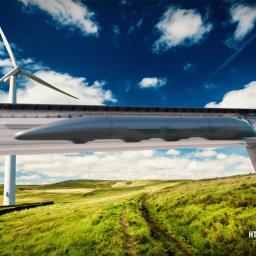Apple, Google, Intel and Adobe Settle Employee Poaching Lawsuit
Earlier this year tech giants Apple, Google, Intel and Adobe were hit with a class action lawsuit by 64,000 programmers and engineers employed by the companies, over secret agreements not to poach each other's employees, spanning 2005 to 2009. The plaintiffs claim that this cost them mobility and higher paying jobs, estimated to be worth $3 billion in lost compensation.
Now the companies have agreed to a settlement, to the tune of $415 million, to be paid jointly by all four, while still denying any wrongdoing. A few hundreds of millions is a fairly small amount, and it may be worth paying this cost to settle quickly. All four companies have tried to cultivate an image as progressive and worker friendly. A long drawn out court case, where they are shown to conspire against the best interest of their employees would damage this reputation.
Now the companies have agreed to a settlement, to the tune of $415 million, to be paid jointly by all four, while still denying any wrongdoing. A few hundreds of millions is a fairly small amount, and it may be worth paying this cost to settle quickly. All four companies have tried to cultivate an image as progressive and worker friendly. A long drawn out court case, where they are shown to conspire against the best interest of their employees would damage this reputation.
